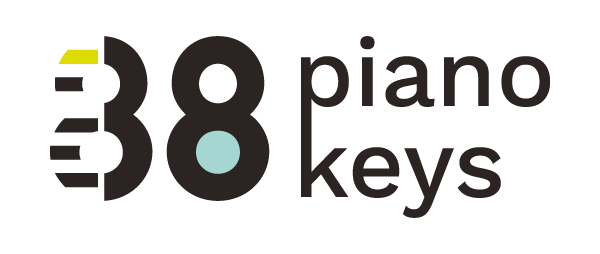Revolutionize Your Practice
Mistakes are INFORMATION: This quote is the most-frequently-used-back-pocket nugget of wisdom I treasure more than anything else  as a teacher, performer, and human being. I'll be honest, the mistake-of-a-life-time just occurred last month. My car window was smashed and my laptop computer was stolen out of my car. INFORMATION? Leaving a computer in the car is VERY RISKY so DON'T DO IT! I really hate learning the hard way...
Likewise, after a mistake has been made while playing a piece, and the negative, "self-batterment" subsides, the identification of the root of a mistake can take place. Once there is a correct diagnosis of the cause of the mishap, treatment can begin in the form of enlightened practice. Why practice if every second is not intentional? In other words: Practice Smart, Bring your Brain.
as a teacher, performer, and human being. I'll be honest, the mistake-of-a-life-time just occurred last month. My car window was smashed and my laptop computer was stolen out of my car. INFORMATION? Leaving a computer in the car is VERY RISKY so DON'T DO IT! I really hate learning the hard way...
Likewise, after a mistake has been made while playing a piece, and the negative, "self-batterment" subsides, the identification of the root of a mistake can take place. Once there is a correct diagnosis of the cause of the mishap, treatment can begin in the form of enlightened practice. Why practice if every second is not intentional? In other words: Practice Smart, Bring your Brain.
Nothing convinced me more that quality of practice counts more than quantity, than my exposure to Philip Johnston and his book The Practice Revolution. I have mentioned him and his books in earlier blogs but felt compelled to share his ideas. His humorous twists for the studio and practice room promise ample motivation and in turn, results, for productive practicing at any level.
On the back cover, Johnston states: "Welcome to the Practice Revolution--because you haven't taught them how to play until you've taught them how to practice." That comment alone, grabbed me and I dived into the pages. The table of contents is quite lengthy but includes titles as: "Giving Better Instructions", "Common Practice Flaws", "Why Students Don't Practice", "Making the Piece Reliable", "Taming Tricky Bits"… Within these chapters, Johnston identifies types of practice with clever labels and provides clear suggestions for effective instruction for efficient practicing. Below are some examples:
Common Practice Flaw
Chopping Wood With a Spoon = "applying inappropriate practice techniques to the problem at hand" (p37)…find the right practice strategy and use IT.
Suggested Practice Tool
The Level System = "convert the otherwise monolithic task of learning a new piece into dozens of small friendly steps"…compare to the addictive level-format of video games (p130).
Better Instruction Tip
"Instead of lodging a request, issue a challenge" (p26). Provide a clearly defined and objective test that the piece needs to pass at some stage before the next lesson…lay out specific and attainable goals for each lesson.
Performance Preparation Advice
Johnston's use of games to create "the stress of performing" in the practice room has enabled my students (and me!) to replace FEAR of performing with KNOWLEDGE of what it takes to be performance-ready. (p153) Students now realize that preparation matters, mistakes will happen. A performance is much more about recovery than perfection.
Have I peaked your interest? I promise you, Johnston's humor and common sense will keep you reading and you will want to pass this along to your older, more experienced students as well.
For younger students, my library also includes Practiceopedia and Not Before You Practiced. Students beg to read both books and are often caught giggling and learning take-home practice steps at the same time.
Johnston states: "Problems with practice is the single biggest reason that lessons fail" (p17). Mistakes are  information--are your students collecting more "information" than they would like? Implementing Johnston's ideas can prevent mistakes and produce desired results in less time--what a revolutionary thought! Check out www.practicespot.com for more helpful ideas, tools and resources.
information--are your students collecting more "information" than they would like? Implementing Johnston's ideas can prevent mistakes and produce desired results in less time--what a revolutionary thought! Check out www.practicespot.com for more helpful ideas, tools and resources.

